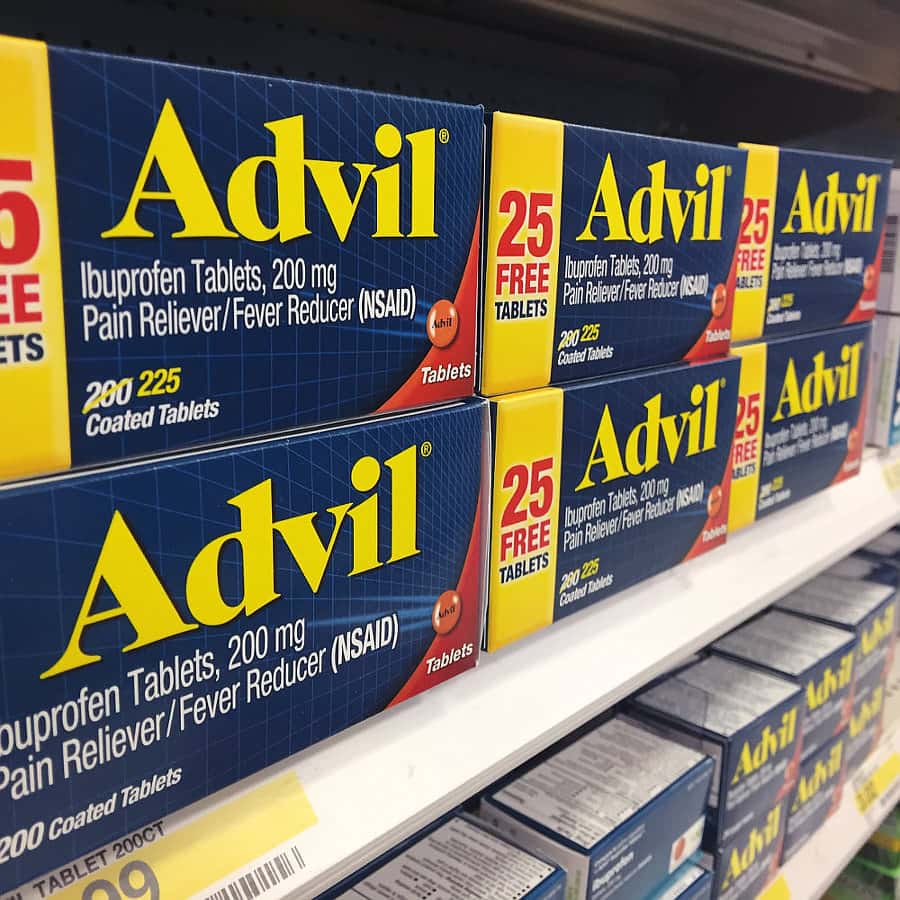
People in pain are caught in a terrible bind. When you hurt, it is common for your blood pressure to go up. That’s hardly a surprise. Pain is extremely stressful for your entire body. But taking nonsteroidal anti-inflammatory drugs (NSAIDs) like ibuprofen or naproxen can also boost your blood pressure. That’s the finding of a study presented at the European Society of Cardiology 2017 Congress in Barcelona, Spain.
PRECISION-ABPM Tells the Tale:
Researchers love acronyms. Here is what this study stands for:
Prospective Randomized Evaluation of Celecoxib Integrated Safety versus
Ibuprofen Or Naproxen Ambulatory Blood Pressure Measurement Trial
That’s a mouthful! What it boils down to is that Dr. Steve Nissen of the Cleveland Clinic and his colleagues compared celecoxib (Celebrex) with ibuprofen and naproxen. They were specifically looking for changes in blood pressure. Keep in mind that there was no placebo group, so we do n0t know how these patients would have responded had a control group been given sugar pills.
At the end of four months, ibuprofen performed worst. That is, it raised blood pressure the most. Naproxen came in second. Both drugs raised BP more than celecoxib. What really concerned us was the discovery that at the end of four months quite a few people were newly diagnosed with hypertension. Keep in mind that these folks had normal blood pressure at the start of the trial.
New-Onset Hypertension:
- 35% were newly diagnosed in the ibuprofen group
- 27% were newly diagnosed in the naproxen group
- 15% were newly diagnosed in the celecoxib group
We find these numbers shocking. What it means is that many people will be pushed over the edge into hypertension because of their pain pills.
Putting NSAIDs into Perspective:
Are you ready for some surprising stats? Roughly one out of five Americans use an NSAID on a regular basis. It is estimated that over 40% of people with arthritis have high blood pressure. Many of these folks rely on NSAIDs for relief from stiff, aching joints.
What about you? Do you take ibuprofen, naproxen or some other NSAID? Although the PRECISION-ABPM trial relied on prescription-strength doses of NSAIDs, we suspect that some older people may be sensitive to lower doses of these drugs as well. Kidney function is reduced with age. That makes older people more susceptible to both hypertension and kidney damage. Could an NSAID boost your blood pressure?
Are There Alternatives to NSAIDs?
Perhaps the only way to tell if ibuprofen or a related NSAID (diclofenac, meloxicam, naproxen, etc) might boost your blood pressure would be a drug holiday. Stopping an NSAID for several days or weeks might bring blood pressure back down to normal or at least lower hypertension.
On the other hand, going without pain meds for several weeks may not be acceptable for many people in chronic pain. That is why we have written Graedons’ Guide to Alternatives for Arthritis. It describes anti-inflammatory herbs and spices such as turmeric (curcumin), ginger, bromelain, Ashwagandha, boswellia and stinging nettle. Then there are home remedies like Certo and grape juice or gelatin. You can learn more about these approaches at this link.
Cardiologists are beginning to realize the dangers of NSAIDs, especially for older people with heart problems. Perhaps it’s time for everyone with high blood pressure to realize that NSAIDs in general and ibuprofen in particular may be making things worse. Keep in mind that the PRECISION-ABPM trial did not have a control group. How much worse would the NSAIDs have performed if they were compared to placebo? We will never know the answer to that question.

